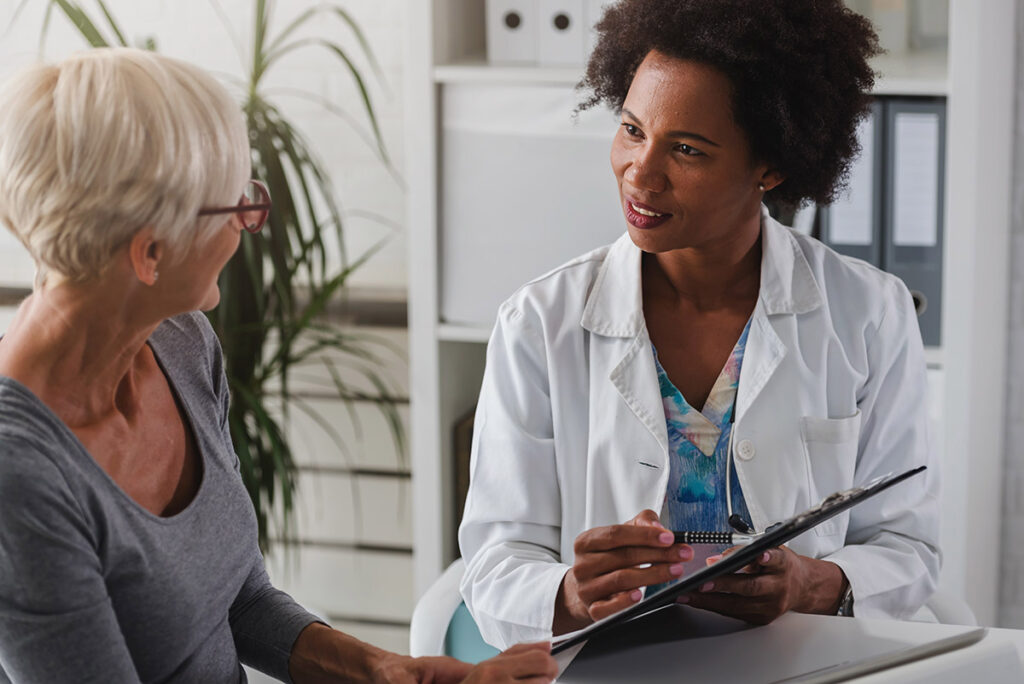When a person starts on the path of healing from addiction, they may be given medications to support the process. Medication-assisted recovery can be very effective when properly used alongside therapy. Yet, this doesn’t mean supporting loved ones through the recovery process gets easier. It is still essential to have ongoing support in recovery and help during treatment. Our team at Colorado Medication Assisted Recovery can help you to make the best decisions for your supporting your loved one.
What Is Your Role in Medication-Assisted Recovery?
It’s a common misconception that once a person is taking medications for their addiction, they are “cured” or “better.” Rather, they are just starting out and need help during treatment. While medications are a very big component of the healing process, most people in medication-assisted recovery still need supportive loved ones who can give them reassurance and ensure they have the guidance they need.
What can you do, as a loved one, to give your friend, spouse, sibling, or other person support in recovery? There are many things you can do to help during treatment, including:
- Listening, rather than telling, them about their addiction
- Learning the warning signs of relapse and monitoring for them
- Providing and ensuring a drug-free environment at home to live in
- Recognizing high stress levels and helping a person to overcome them
- Supporting their needs to go to counseling on a routine basis
- Learning their triggers for relapse and help them to avoid those
It’s important to know that supporting loved ones in recovery does not mean you’ll have to do everything for them, pay their bills, and take care of them physically. A component of recovery and treatment is to learn how to do these things on their own. Yet, they still need support in recovery, which may include having someone available on an ongoing basis and ensuring they have a safe place to live.
What Happens in Medication-Assisted Recovery?
To help during treatment, be sure to understand what your loved one is going through during medication-assisted recovery. You may be able to be a part of some of their counseling sessions. During this type of treatment, medications are used to help a person to gain mental health stability and to limit the impact of withdrawal. When these medications work, you may feel as though you have your loved one back. Yet, there is a lot more to do during the recovery process.
During the recovery process, your loved one will learn about their addiction and why it happened. They may be diagnosed with a mental health disorder or find themselves learning new ways to control negative thoughts. They will need to learn how to manage stress, challenges in everyday life, and complex relationship problems. Supporting loved ones through this is vital.
Does Your Loved One Need Help During Treatment?
Perhaps you want your loved one to get help. Now is the time to encourage them before their medical or emotional needs change. To learn more about our medication-assisted recovery and how you can help during treatment, reach out to our team today. Learn about our programs and therapies, including:
- Cognitive-behavioral therapy
- Dialectical behavior therapy
- Individual therapy programs
- Group therapy programs
- Family therapy programs
Treatment Begins When You Call Colorado Medication Assisted Recovery
Do you have a loved one that needs support in recovery? Medication-assisted recovery can be very effective, but medicine alone is not enough. Supporting loves ones during the healing process and long after in recovery is critical. If your loved one needs help during treatment or is ready to start on the path towards recovery, reach out to Colorado Medication Assisted Recovery for guidance. Call our team at 833.448.0127 or connect with us online now.


















